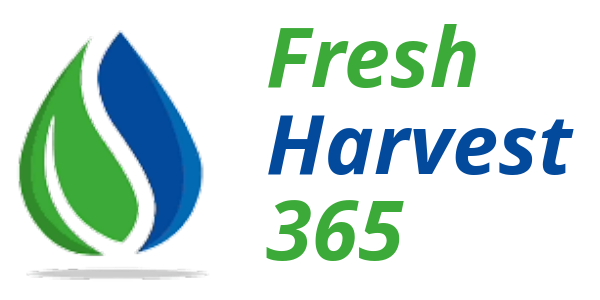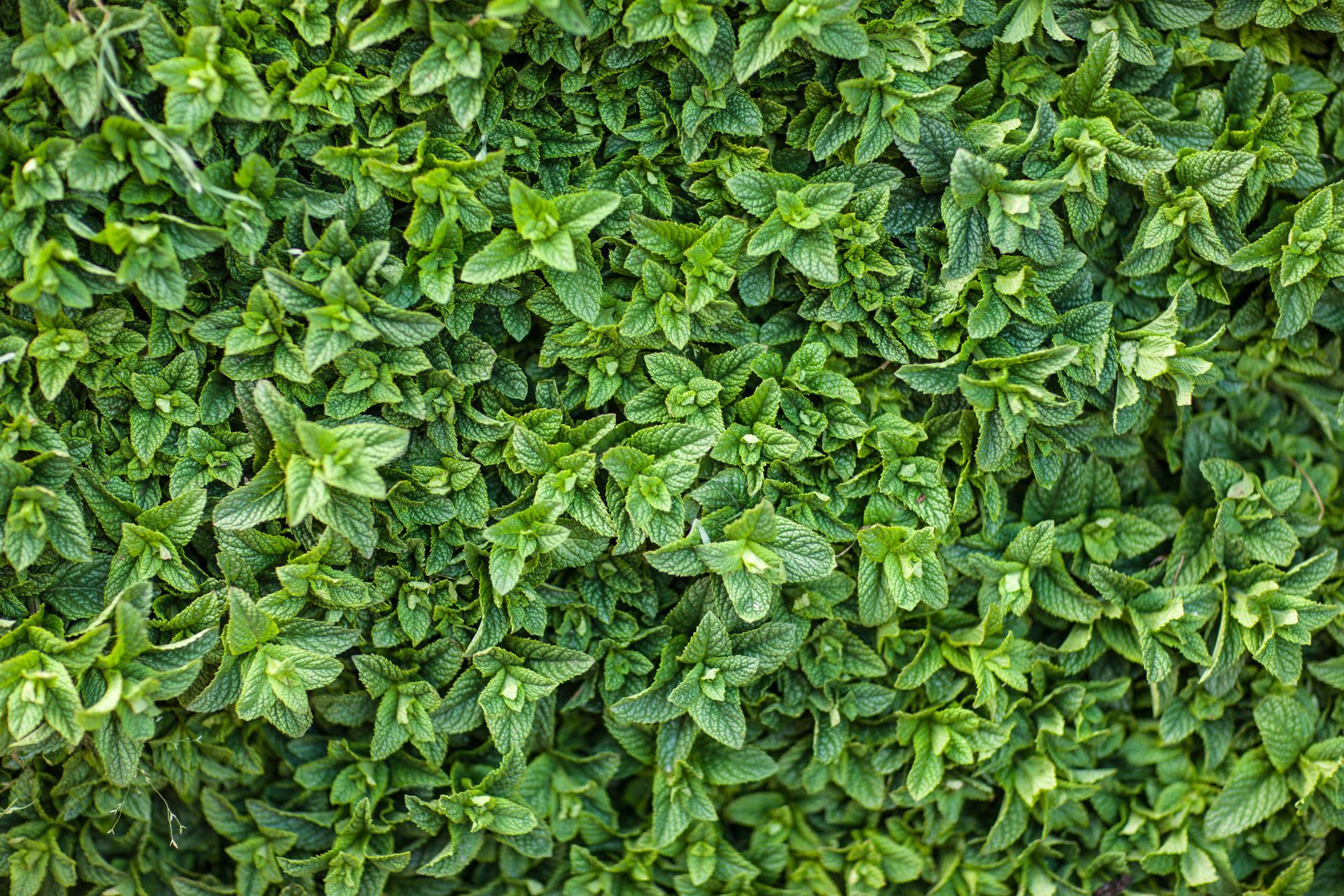Call Us Now!
Address: 201 Evans Ln. Cool Valley, MO 63121
Email: info@freshharvest365.com
Call Us Now!
Text FH365 to 85100 to opt in
Tackling Global Food Insecurity with Container Farming Solutions
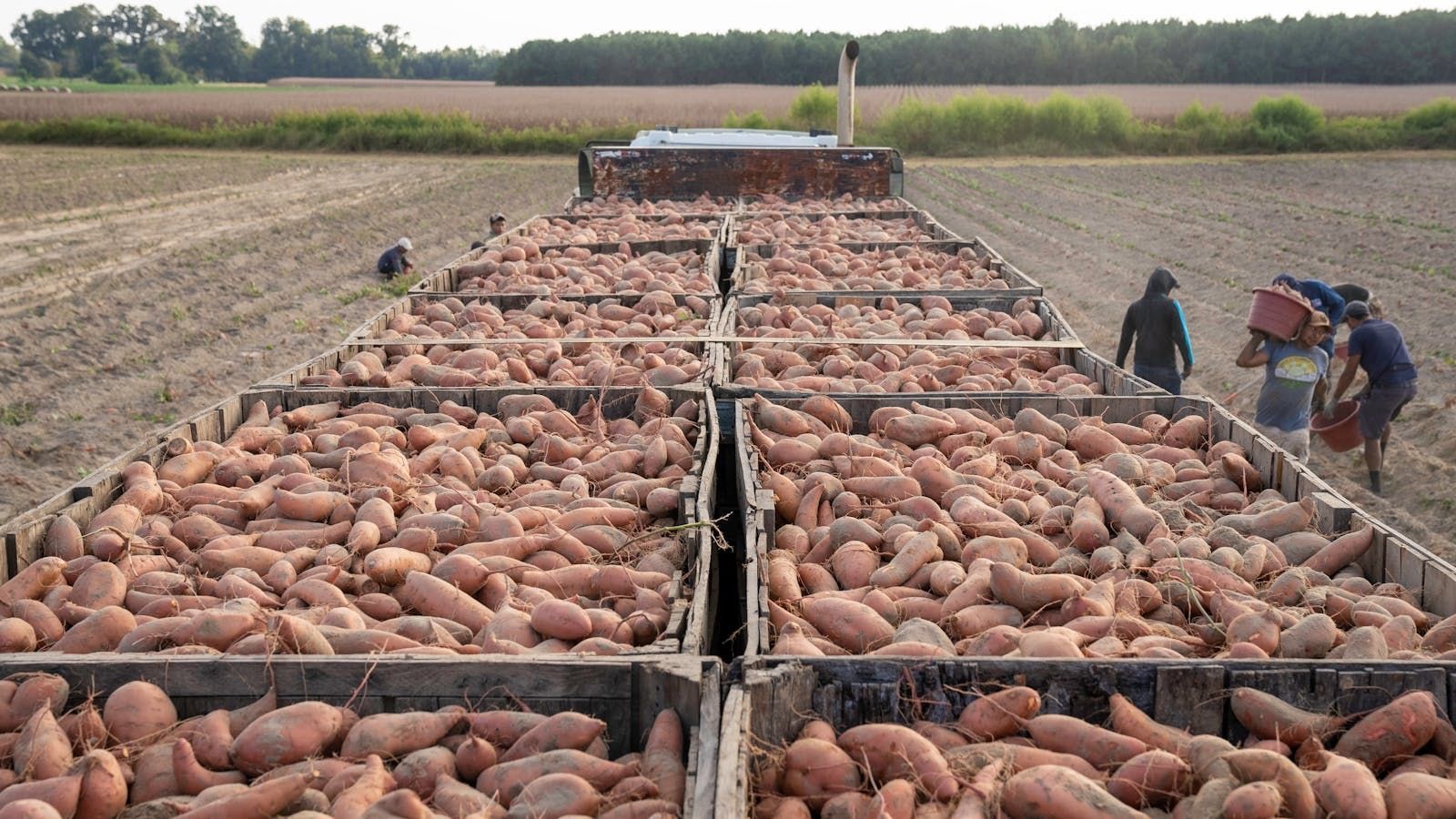
Understanding Global Food Insecurity
Food insecurity is the inability to regularly obtain enough and nourishing food, not only a shortage of it. The problem is exacerbated by elements such as violence, climate change, economic inequality, and inadequate infrastructure, especially in areas with little arable land, dry climates, or unstable political environments.
Over 820 million people worldwide suffer from hunger, according to the UN World Food Programme, and climate-related crop failures or wars frequently make the situation worse. Large-scale food assistance is still necessary, but it doesn't deal with the underlying causes of food insecurity. A more targeted and sustainable strategy is required, and container farming fits this description.
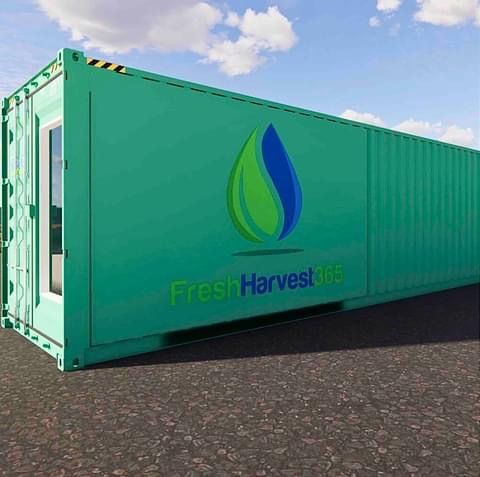
Container Farming as a Localized Solution
Container farming allows food production to occur in regions with severe weather, scarce water resources, or inadequate cropland, making it a potent weapon in the fight against food insecurity. These self-contained farms, which are housed in repurposed shipping containers, are capable of growing crops anywhere, even in remote rural areas and urban centers.
Container farms don't depend on soil or consistent weather like regular farms do. They grow plants in nutrient-rich water using hydroponics, precisely controlling the lighting, humidity, and temperature. This opens up the possibility of growing food in previously unimaginable locations, such deserts, conflict zones, or densely populated urban areas.
Bringing the Farm to the People
One of the greatest challenges in combating food insecurity is logistics—getting food to those who need it most. Container farms can be set up in strategic locations, bringing the farm directly to communities with limited access to fresh produce. These mobile farms reduce the reliance on global food supply chains, which are often disrupted by natural disasters, conflict, or economic crises.
In countries experiencing food shortages, container farms can be deployed to offer immediate, localized food production. By setting up a farm near a population center, communities gain a consistent source of fresh, healthy produce year-round—regardless of external conditions.
A More Sustainable Approach
Container farming offers a sustainable alternative in addition to food. Large amounts of land, fertilizers, and water are frequently crucial components of traditional farming, and these resources might be particularly limited in areas where food poverty is a problem. On the other hand, container farms can be fueled by renewable energy sources like solar panels and require up to 90% less water than soil-based farming. Because of this, container farming is especially beneficial in areas with limited resources of energy and water.
More than that, container farms do away with the requirement for lengthy supply chains because they can operate locally. This lowers food waste by preventing food from spoiling on the way to consumers and also lowers transportation expenses and carbon emissions.
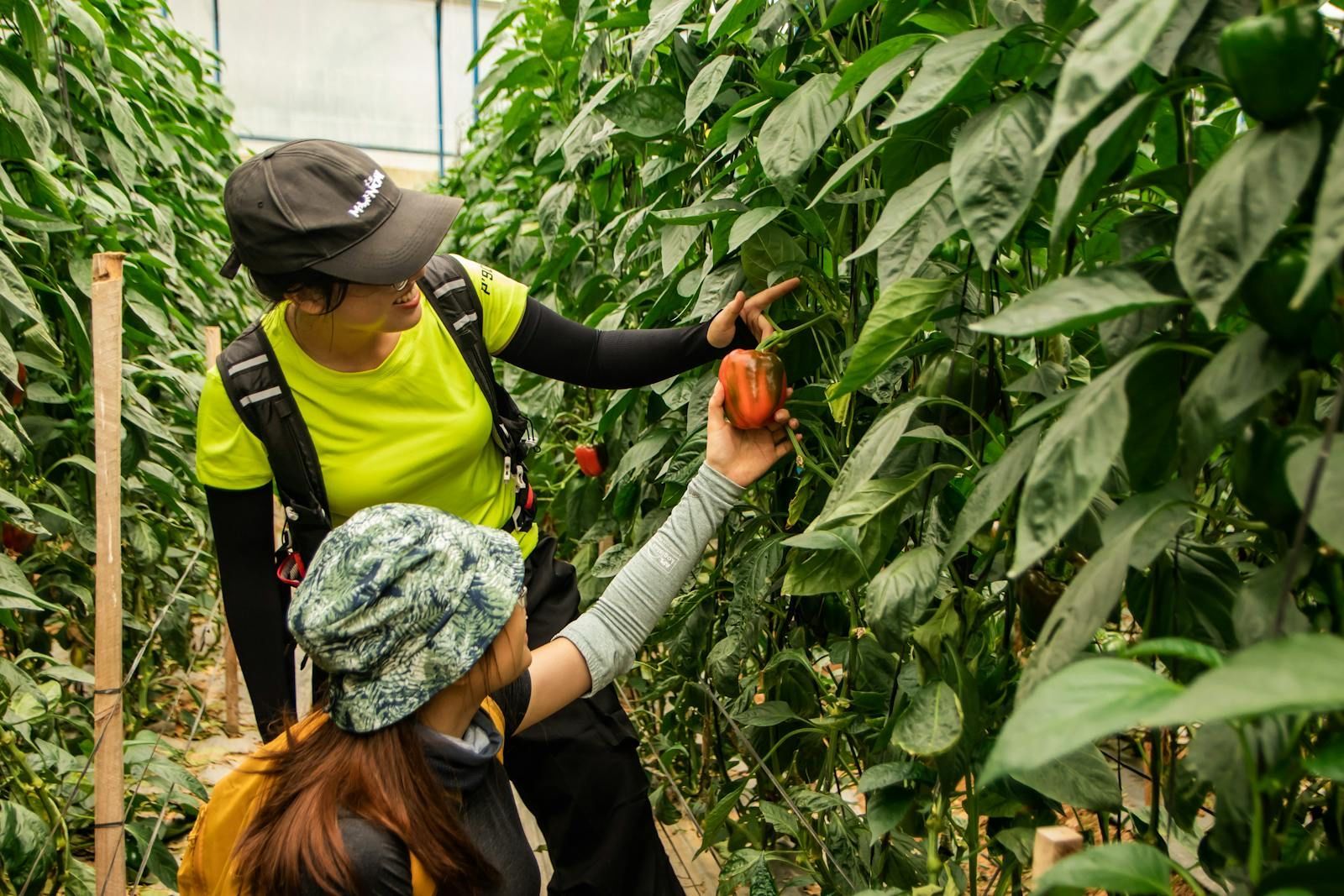
Empowering Local Communities
Container farming is more than just a technological fix—it’s also a way to empower local communities. In regions facing food insecurity, introducing container farms can create job opportunities, support local economies, and help communities become more self-sufficient. By teaching people how to operate and maintain these farms, local populations gain the skills needed to manage their own food production systems.
Programs that train and equip communities to run container farms can have a transformative effect, turning food deserts into food oases and fostering economic independence. This localized control over food production is a game-changer for countries struggling to feed their people.
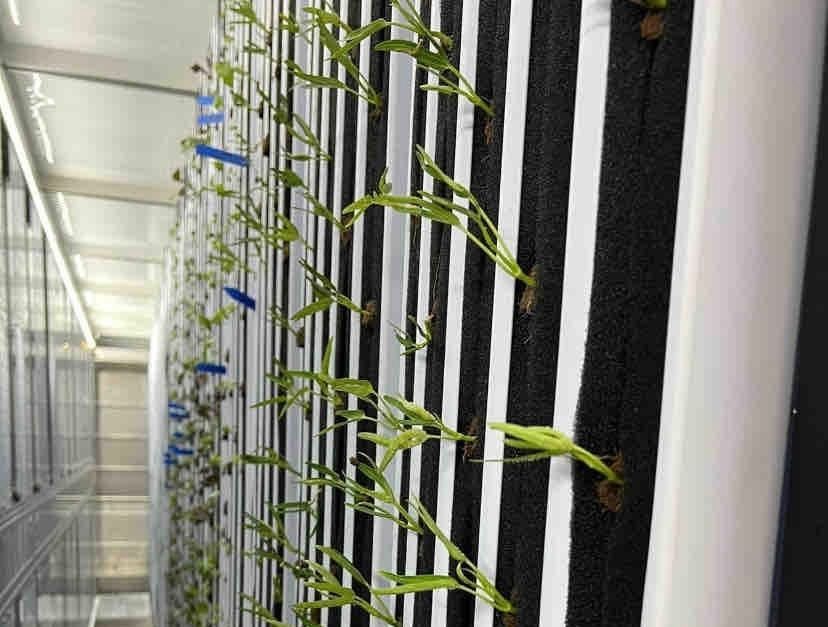
Looking Ahead: Scaling Solutions
While container farming isn’t a silver bullet for solving food insecurity, it represents a scalable, adaptable solution that could make a meaningful difference in many parts of the world. Whether deployed in urban food deserts, refugee camps, or regions hit hard by climate change, container farms can provide consistent, sustainable access to fresh produce.
Fresh Harvest 365 is committed to exploring how container farming can be part of the global effort to combat food insecurity. By taking farming out of the fields and placing it in containers, we’re making it possible to grow food where it’s needed most—and giving people around the world a chance at a healthier, more secure future.
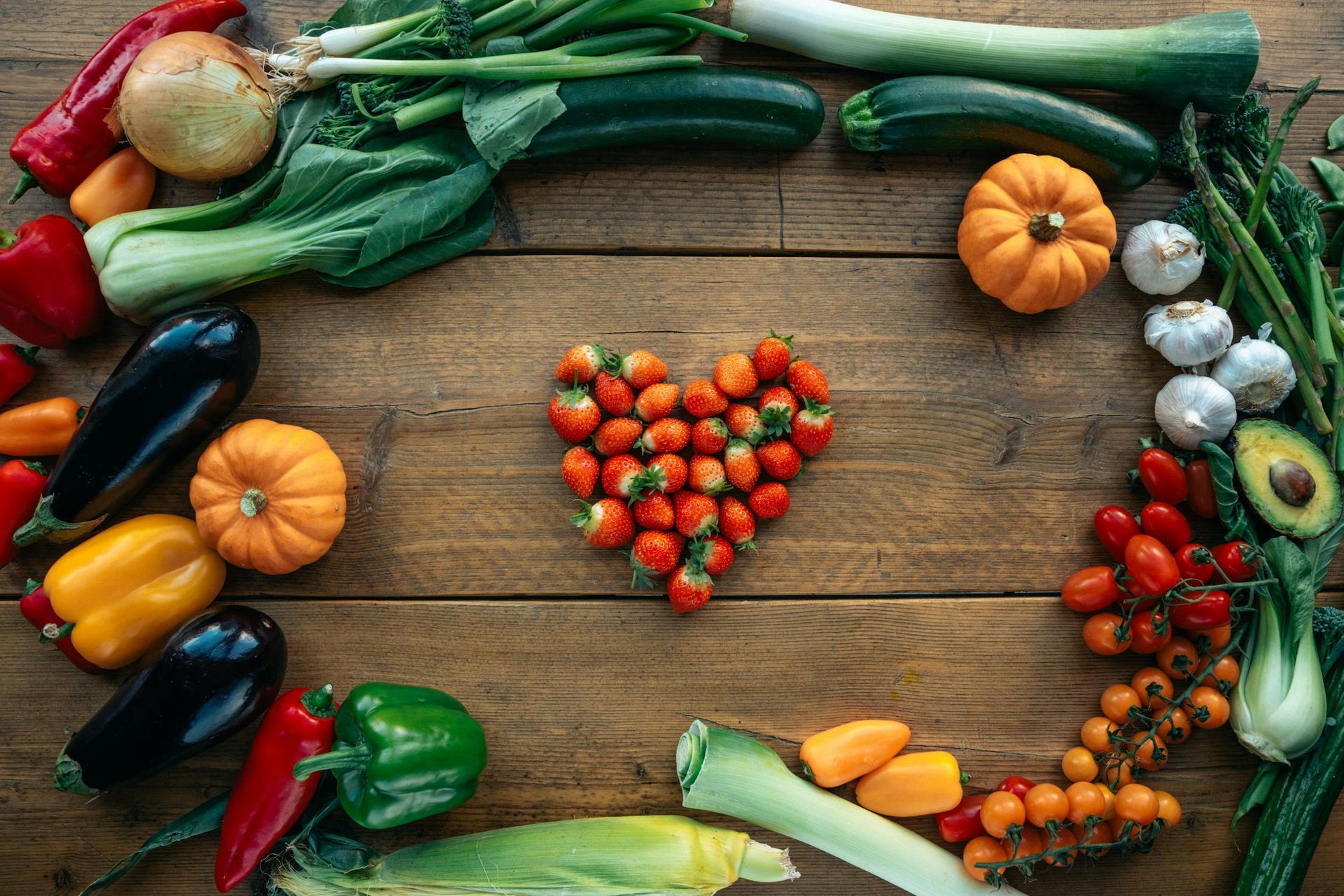
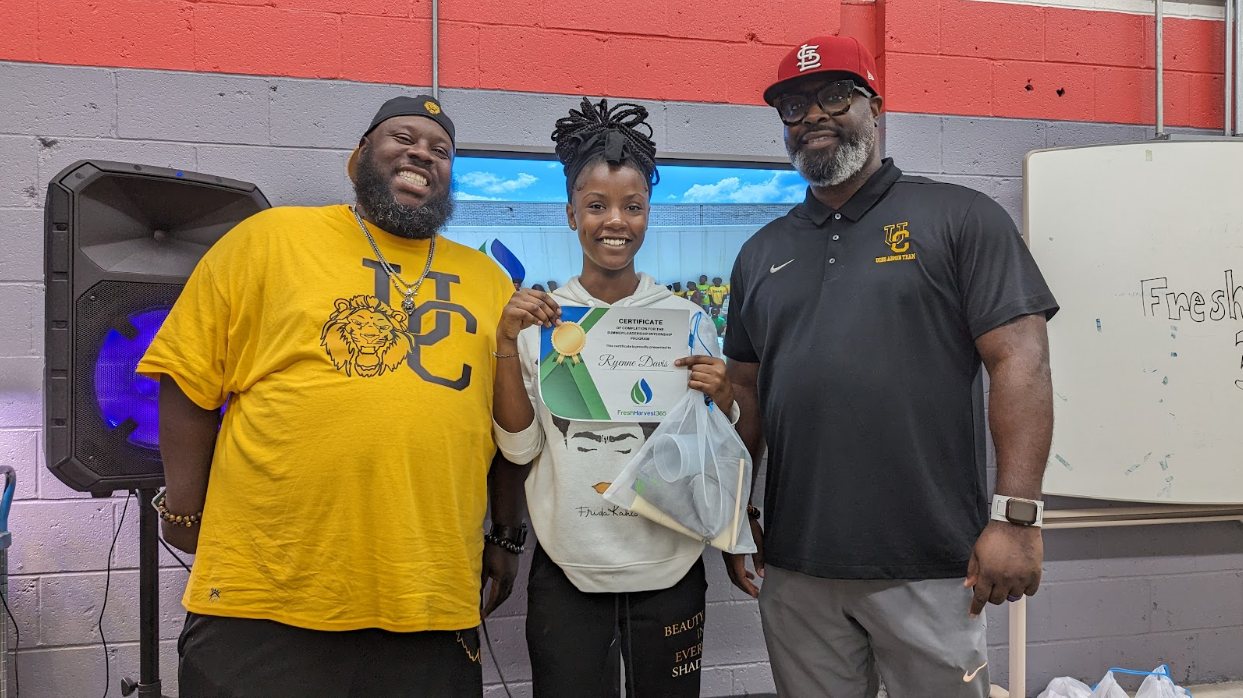
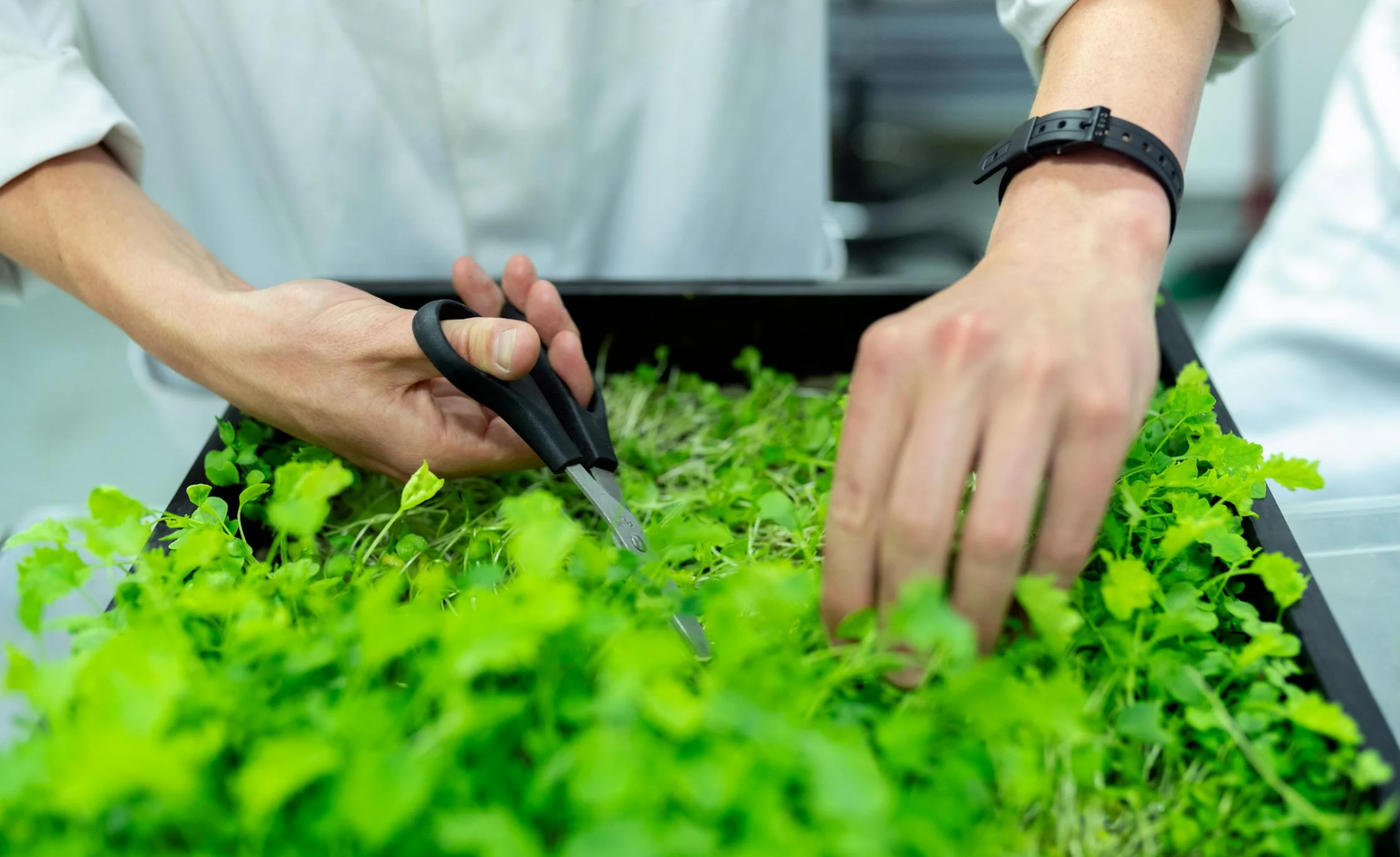
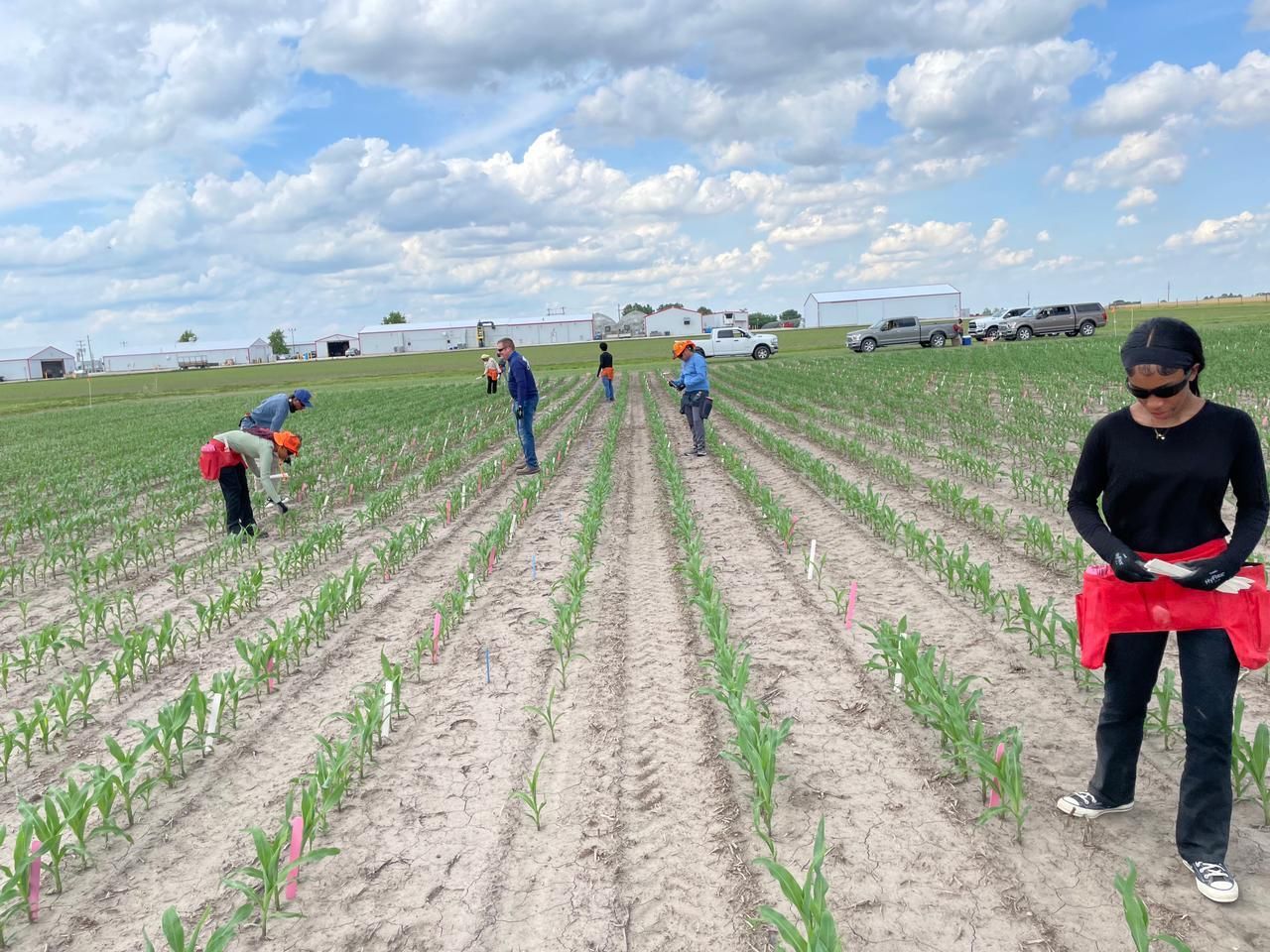
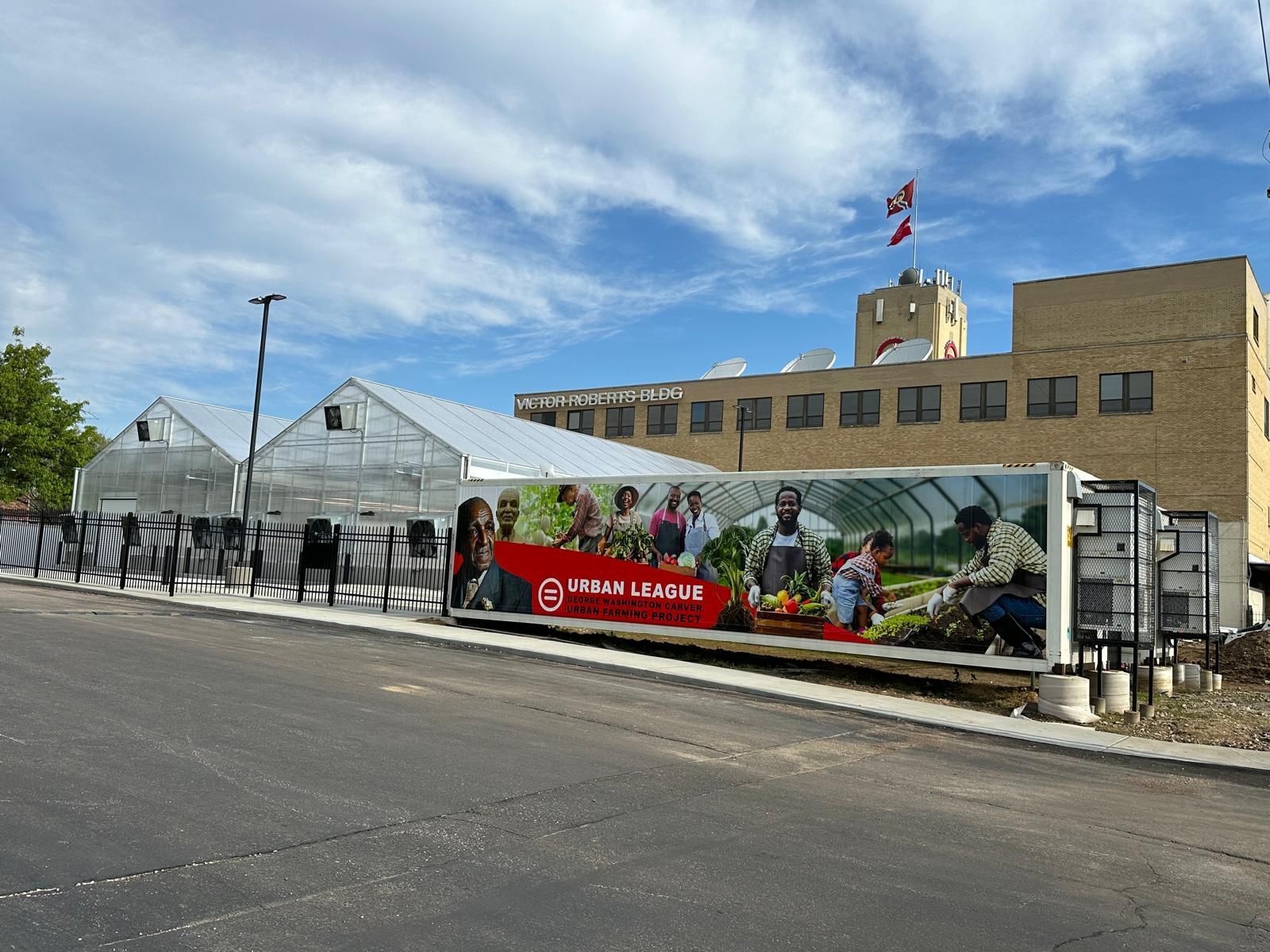
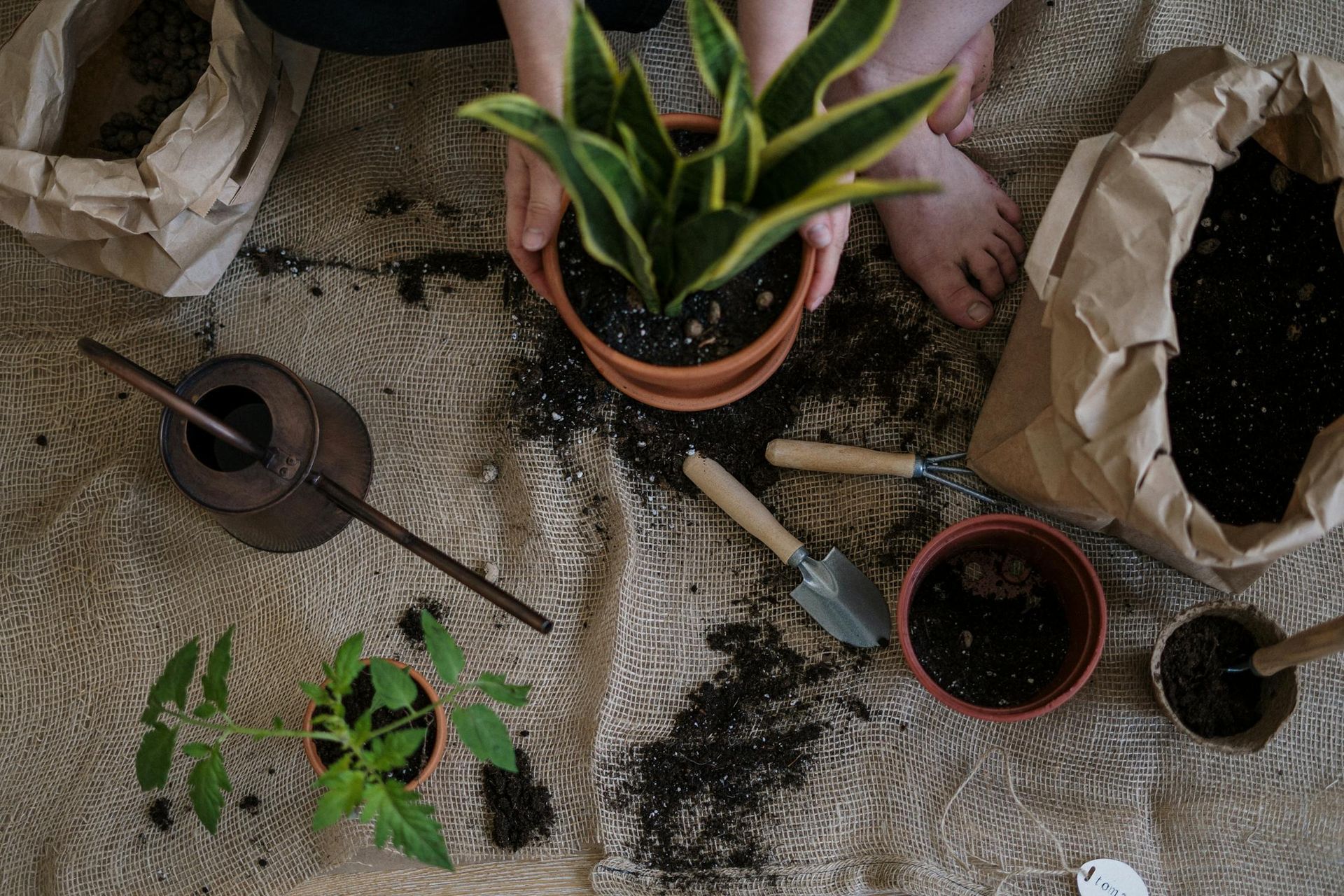

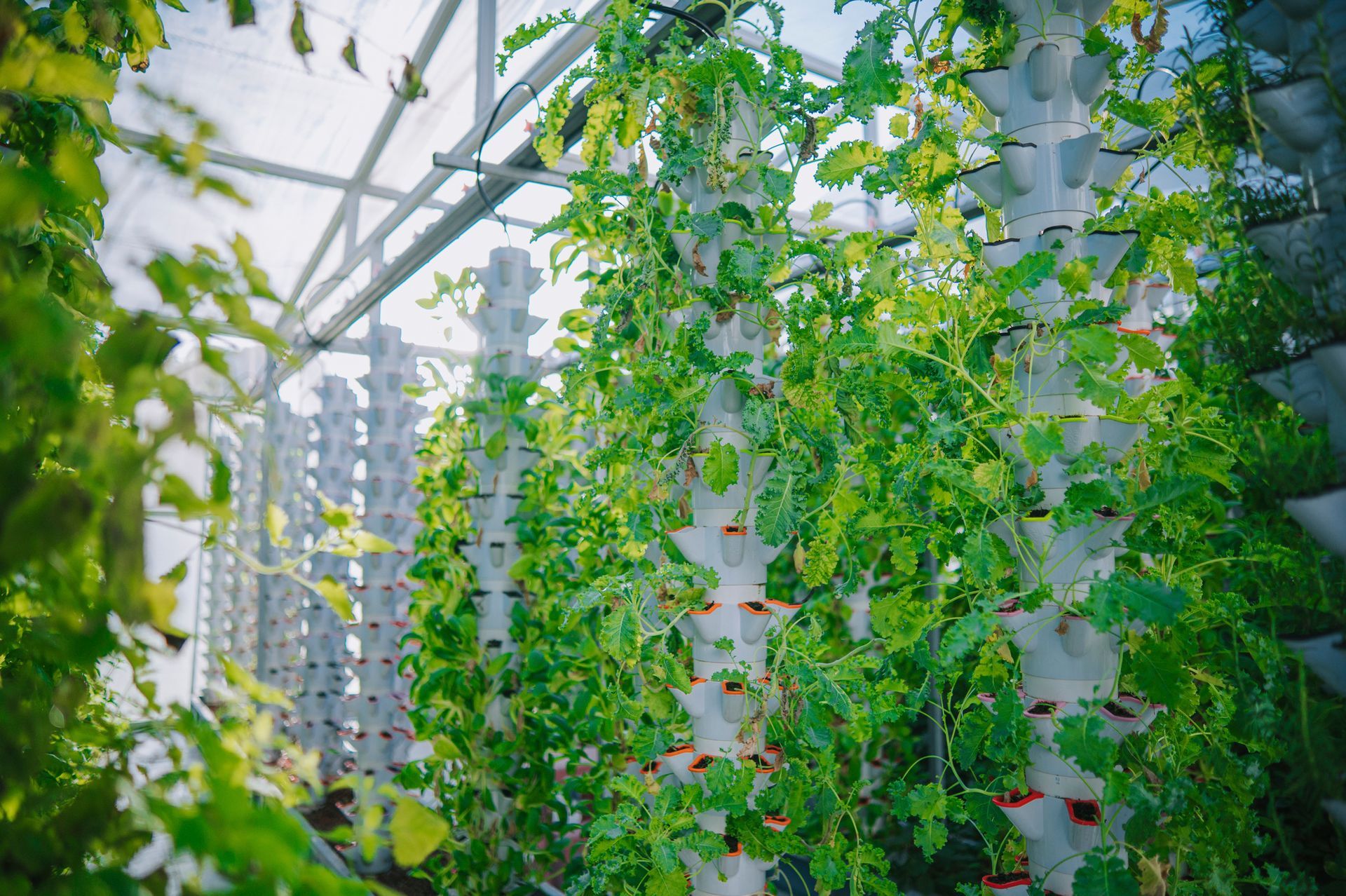
CONTACT INFORMATION
BUSINESS HOURS
24/7
PAYMENT OPTIONS






We also accept: Invoicing
